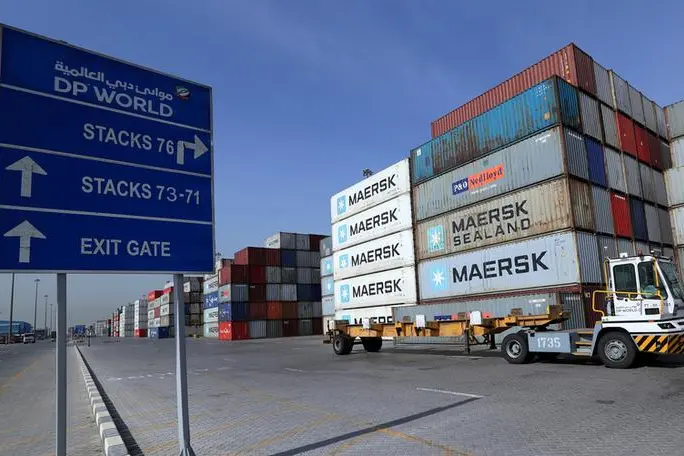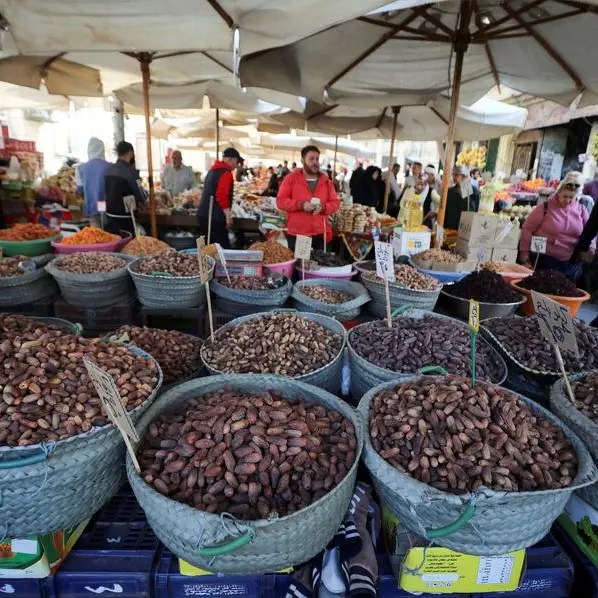PHOTO
Some e-commerce shoppers and retailers in the UAE are reporting delays in shipping due to geopolitical tension around the world, prompting local customers to turn to brick-and-mortar stores.
Due to attacks on ships in the Red Sea, orders placed through e-commerce portals are taking more time to reach their destinations, especially from the European region.
Freight rates have been rising since attacks exacerbated and rates are expected to rise further in the coming weeks. Credit rating agency Ind-Ra has projected another 25-30 per cent increase in freight and forwarding costs with a more severe impact on agriculture, textiles and other FMCG goods.
Anum Noor, a UAE resident, said shipping from European countries is a challenge as it takes a longer period to reach buyers here.
“I placed orders for herbal products from European e-commerce websites twice and goods were delivered after three to four weeks. So I stopped ordering goods from there now,” said Noor.
However, she added that there are no major issues when it comes to buying from local e-commerce platforms.
A survey released by Koerber showed that around 70 per cent of global consumers experienced shipping delays in the past six months, leading to an increased demand for quicker deliveries.
Shopping in-person
Sulin Sugathan, founder and director of sales at Royal Furniture, said that the e-commerce sector has undeniably encountered significant setbacks owing to ongoing shipping challenges in recent months.
“Despite the convenience of online shopping, issues such as delivery delays have prompted some consumers to explore physical stores to avoid prolonged waiting times and ensure a seamless shopping experience... As shipping delays become a growing concern, a shift in consumer buying patterns is anticipated, with more people opting to visit stores for faster decision-making,” Sugathan said.
“That said, it is crucial to note that the challenge of shipping delays primarily affects brands importing products from other countries using shipping as their mode of transport. Local businesses and manufacturers, however, can still provide seamless delivery services without any delays or associated complications," added Sugathan.
Rajat Asthana, COO of Eros Group, said rising freight and shipping charges are a big challenge for the companies.
“Although we are not directly affected by the issue in the Red Sea because goods coming from China to Dubai don’t pass through the Red Sea, because of the global impact of the Red Sea crisis, there is longer sailing time for ships and more risks involved in shipping, hence the freight costs have gone up. We are now ending up paying 30-40 per cent higher on the freight cost for each container, which is having some impact on cost and finally the price of the product,” he said.
He added that it is more severe when goods are coming from Europe. “For China, there is no issue in terms of transit or shipment time, but it is because of the overall increase in rates. Vessels taking longer routes to reach their destinations as a result more vessels are on the sea as compared to before. Sometimes we need to wait up to 2 weeks to load the goods due to shortage of vessels,” he added.
Copyright © 2022 Khaleej Times. All Rights Reserved. Provided by SyndiGate Media Inc. (Syndigate.info).





















